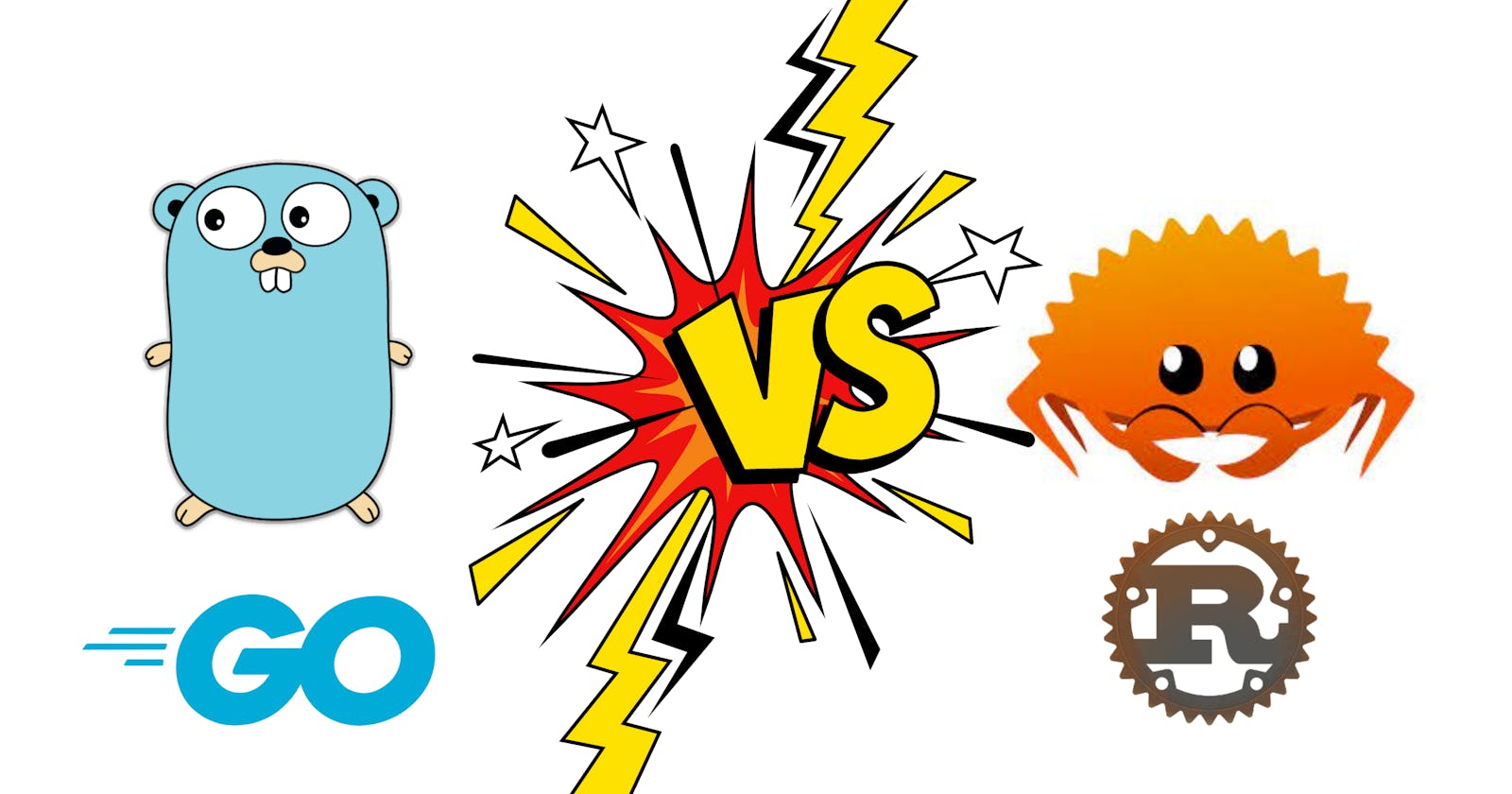Introduction
In the ever-evolving world of programming languages, two contenders have emerged as powerhouses: Go Lang and Rust. While both languages have gained significant popularity among developers, they have distinct characteristics that make them suitable for different scenarios. In this blog, we will delve into the battle between Go Lang and Rust, comparing various aspects and determining which language is best suited for specific use cases.
Performance and Efficiency:
When it comes to performance, both Go Lang and Rust excel in different ways. Go Lang is known for its simplicity and efficiency, making it an excellent choice for building high-performance web applications and microservices. Its lightweight go routines and garbage collector contribute to its impressive scalability and low latency.
On the other hand, Rust boasts unparalleled memory safety and control over system resources. It provides zero-cost abstractions, making it ideal for systems programming and building low-level components like operating systems, network protocols, and embedded systems. Rust's strict compilation rules ensure memory safety without sacrificing performance.
Concurrency and Parallelism:
Concurrency and parallelism are crucial aspects of modern software development. Go Lang was designed with concurrency in mind, providing built-in support for concurrent programming through goroutines and channels. Its "share memory by communicating" approach simplifies the development of highly concurrent systems, making it an excellent choice for building scalable web servers and distributed systems.
Rust, on the other hand, takes a different approach to concurrency, utilizing the concept of ownership, borrowing, and lifetimes. It guarantees thread safety at compile-time, eliminating data races and other concurrency issues. Rust's async/await syntax further enhances its ability to handle asynchronous programming, making it suitable for building highly concurrent and efficient network applications.
Developer Productivity:
Both Go Lang and Rust prioritize developer productivity, albeit in different ways. Go Lang's simplicity and minimalistic design lead to fast development cycles. Its clear syntax, built-in testing framework, and extensive standard library enable developers to quickly build robust applications. Go Lang's focus on convention over configuration promotes readability and maintainability, which is especially beneficial for teams working on large codebases.
Rust, though more complex than Go Lang, offers a powerful set of tools and features that enhance developer productivity. Its strong type system, exhaustive pattern matching, and comprehensive error handling mechanisms enable developers to write safe and reliable code. Rust's package manager, Cargo, simplifies dependency management, testing, and building, aiding in the overall development process.
Community and Ecosystem:
Both Go Lang and Rust have vibrant and supportive communities that contribute to their growth. Go Lang benefits from Google's backing, attracting a large community of developers who actively contribute to its packages and frameworks. The Go standard library is extensive, covering a wide range of functionalities, reducing the need for external dependencies.
Rust's community, known for its friendliness and inclusivity, has grown rapidly in recent years. The language has a growing ecosystem of libraries and frameworks that enable developers to build a wide variety of applications. Rust's focus on safety and performance has attracted developers from diverse backgrounds, resulting in the development of robust tools and libraries.
Conclusion:
In the battle of Go Lang vs Rust, there is no clear winner. Both languages have their strengths and weaknesses, making them suitable for different scenarios. Go Lang's simplicity, efficiency, and built-in concurrency support make it an excellent choice for building high-performance web applications and microservices. On the other hand, Rust's memory safety, control over system resources, and strong guarantees make it ideal for systems programming and building low-level components.
Ultimately, the choice between Go Lang and Rust depends on the specific requirements of your project. Consider the performance needs, concurrency requirements, developer productivity goals, and community support before making a decision. Both languages offer unique approaches to solving problems and have thriving ecosystems that provide ample support to developers.
So, whether you are building a scalable web application or a high-performance network protocol, Go Lang and Rust are formidable tools at your disposal. Embrace their strengths and leverage them to create exceptional software that meets your specific needs.
